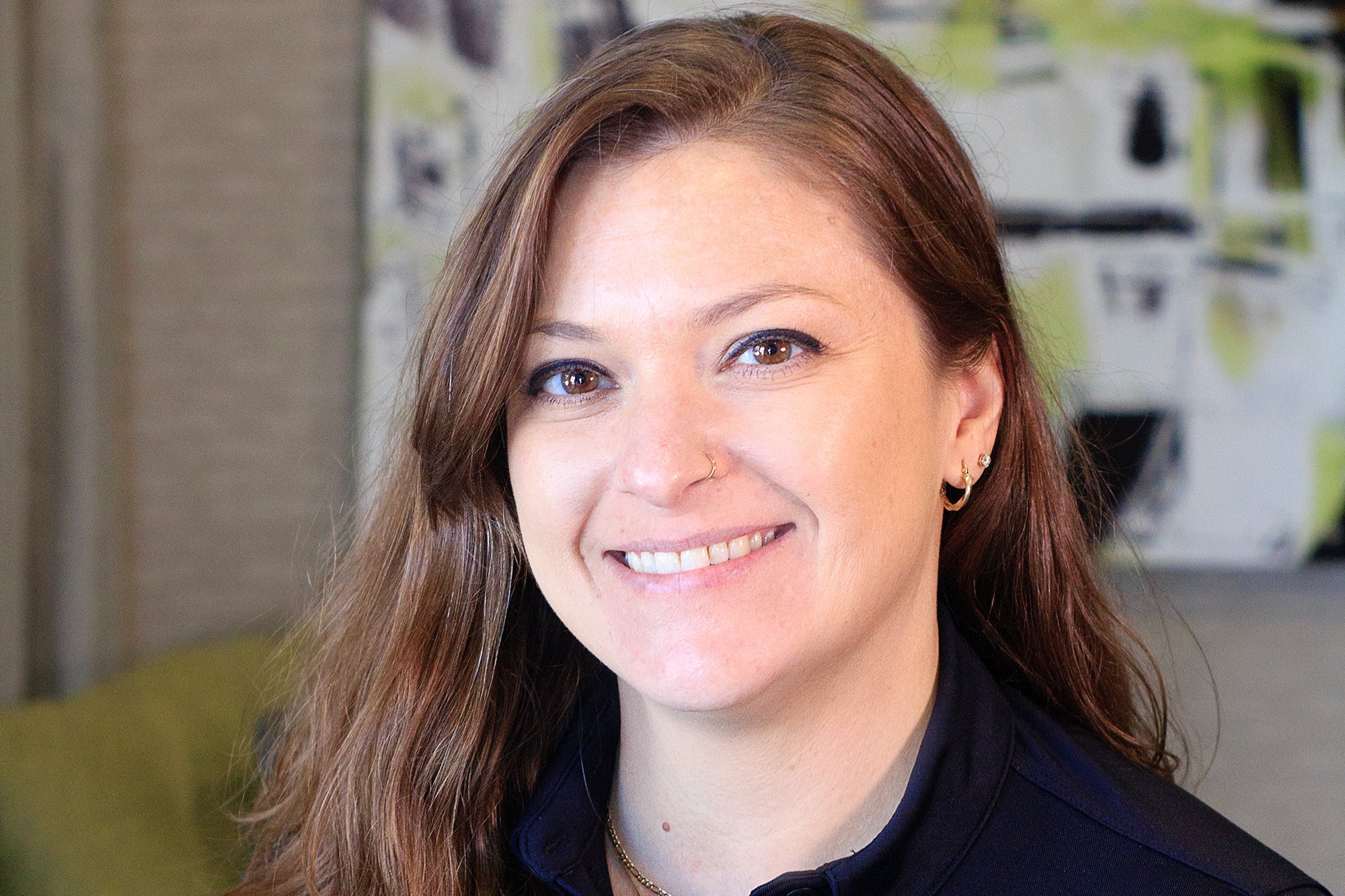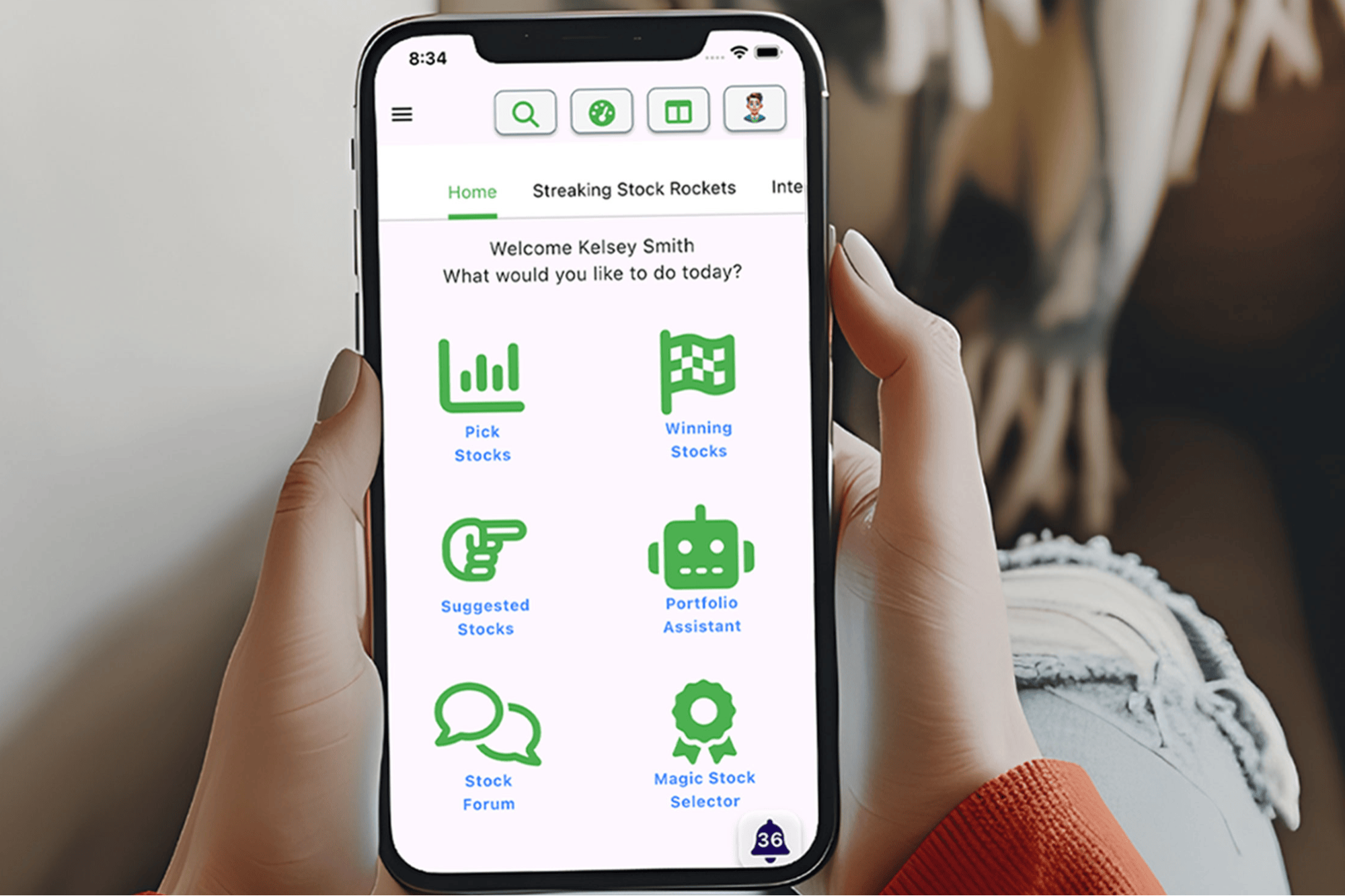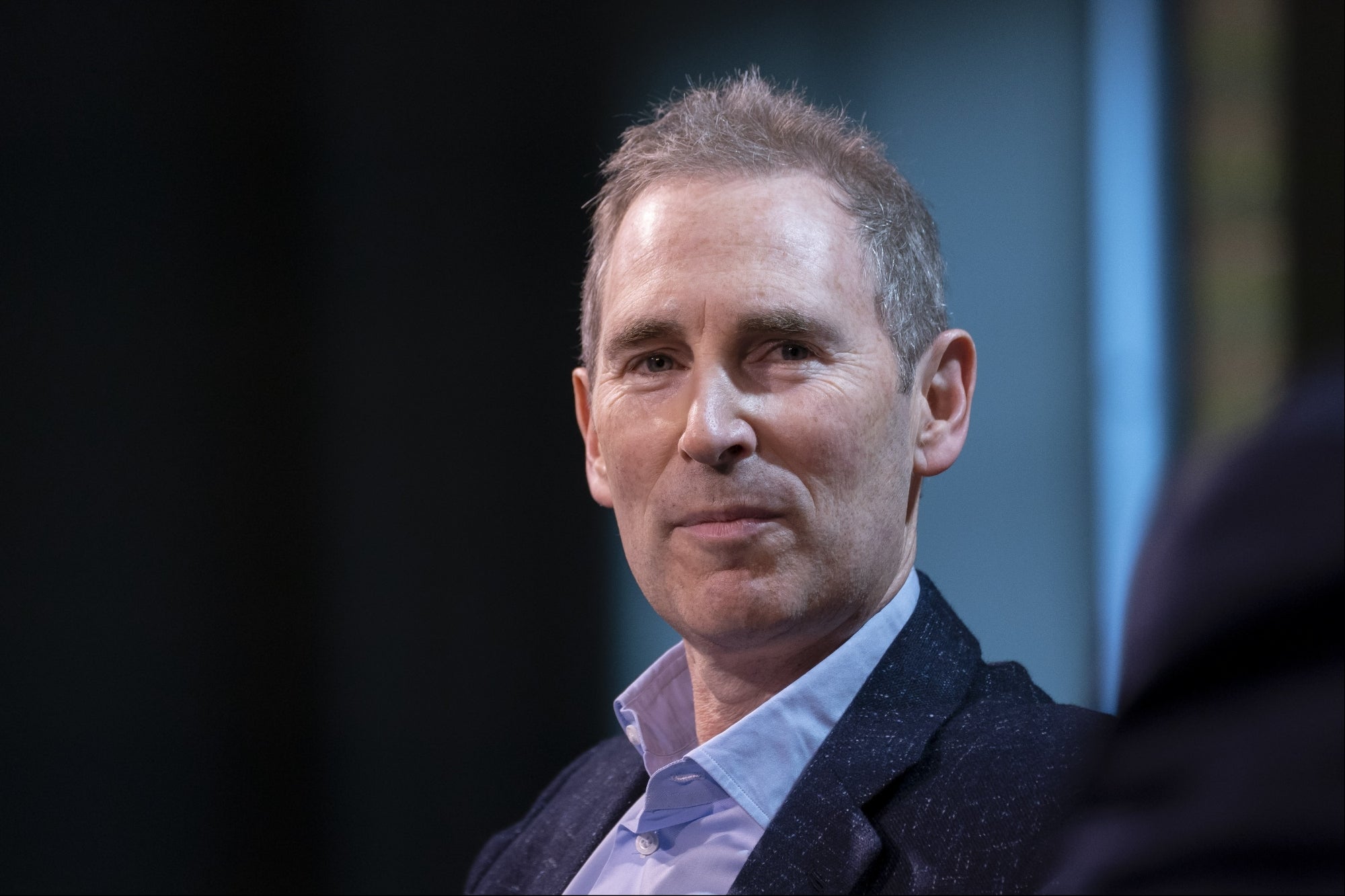For more than 14 years, Rachel Wommack worked in healthcare, primarily focusing on elder care as a registered nurse. She’d spent time in hospitals, long-term care and case management, seeing firsthand the strengths and shortcomings of the healthcare system. But as the years passed, the idea that she could do more began to grow. She didn’t just want to help patients; she wanted to provide a fix for a gap in the system.
“Not everybody has the little bit of help that they need after those skilled stays to safely go home and be successful in recovery,” she says.

Dustin Distefano (L), CEO and co-founder of A Place At Home and Jerod Evanich (R), president and co-founder APAH with Rachel Wommack, who won Margin Master of the Year
Image Credit: A Place At Home
Related: Considering franchise ownership? Get started now to find your personalized list of franchises that match your lifestyle, interests and budget.
Firsthand insight
The turning point came in 2021. Her son had just graduated from high school, and Wommack was finally in a place where starting a business felt possible. Encouraged by her fiancé, she began looking into ways to build something of her own. Rather than launching an independent business from scratch, she opted to explore franchising.
“I came to the realization that I needed to do this now, so I started researching,” she says. “I spoke with several brands before I found A Place At Home, which aligned with everything that I wanted — morals, ethics, all of that was in line. And so I went for it.”
Wommack’s decision to sign with A Place At Home (#464 on the 2025 Franchise 500) wasn’t rooted in ambition alone; it came from a deep understanding of how often the healthcare system fails people once they leave institutional care. During her time in case management, she saw elderly patients discharged from skilled nursing facilities, assuming they had help waiting at home. That wasn’t always the case.
“You’ve got a Medicare guideline that says they can go home, but maybe they can’t get themselves up off the toilet without help,” she says. “If that help is not available, they’re going to have to call an ambulance if they’ve even got the capability to reach their phone. They’re going right back to the hospital.”
It was a gap in the system that home care could fill — if families knew where to turn. Wommack didn’t want to reinvent the wheel. She’d helped build a home care agency for someone else early in her career and knew how time-consuming and expensive it could be to handle licensing, legal documents and compliance requirements on her own. A franchise offered structure, support and credibility — with the flexibility to run the business her way.
With their support and systems in place, she opened her first location in Albuquerque, New Mexico, in 2021 and a second in Santa Fe in 2023 and quickly built her own culture. “There’s a sense of belonging that resonates from her team,” says Shane Thompson, A Place At Home’s franchise business coach. “She has long-tenured employees who work for her, professionals who have been with her from the beginning and have helped build her business.”
Related: I Walked Away From a Corporate Career to Start My Own Small Business — Here’s Why You Should Do the Same
Learning curve
Although Wommack felt confident in her clinical background, the business side of franchising came with a learning curve. She had to figure out payroll, accounting, marketing and recruiting — skills you don’t learn in nursing school. The process was challenging, but she leaned on her education, common sense and support from the franchise system to make it work.
“I had contemplated opening a business from scratch, but I realized it’s much more expensive to do it on your own,” she says. “With all of the legalities that are around home care, it was a better option to franchise, because you have your template. It was much easier having everything available.”
Marketing in particular proved to be the toughest part. Although she had connections in elder care, reaching the broader community was more complicated. Most people didn’t know services like hers existed, or that they could be paid for through long-term care insurance, VA benefits or Medicaid. Her target audience turned out to be not the elderly themselves, but their adult children, many of whom were juggling careers, families and caregiving responsibilities all at once. That realization shaped her approach: educate, inform and make care accessible.
Though launching the business was difficult, Wommack says it felt like a personal renewal. Nursing burnout had taken its toll, but business ownership gave her a fresh perspective and a renewed sense of purpose. She still faces tough days, but they’re different. Now, she’s working for her clients, not for a corporate hospital system.
That difference shows up in the feedback she receives. Her team regularly gets calls from grateful families, and caregivers often go above and beyond to ensure clients are safe. Each of those moments, she says, reaffirms her decision to take the leap into franchising. “Every day, I get reassurance from our clients and caregivers [that] this was the right choice.”
Wommack has managed to do something most businesses cannot: She’s built a company that remains caring and empathetic while growing it to more than $1.3 million in annual revenue. Earlier this year, she won the franchise’s Margin Master of the Year, which is awarded to the location with the highest gross profit after caregiver payroll.
Related: Fried, Fast And Franchised — These Are The Top 10 Chicken Franchises in 2025
Advice for nurses
To other nurses feeling stuck or underappreciated, Wommack offers a message of encouragement. Franchising, she says, gave her a way to continue helping people while taking control of her career and life, and they can, too.
“Do your research and don’t hold yourself back,” she says. “This is an important job, whether it’s skilled or personal care. Going into business to help people is never a bad decision.”
For now, Wommack is focused on growing her two locations, supporting her team and continuing to educate families about the care options available to them. She’s not looking to scale rapidly. Instead, she’s building something that lasts — one caregiver, family and success story at a time.
Related: ‘Send a Man Next Time’: How an Entrepreneur and Her Daughters Built a $2.5 Million Franchise in a Male-Dominated Field
Join top CEOs, founders and operators at the Level Up conference to unlock strategies for scaling your business, boosting revenue and building sustainable success.









